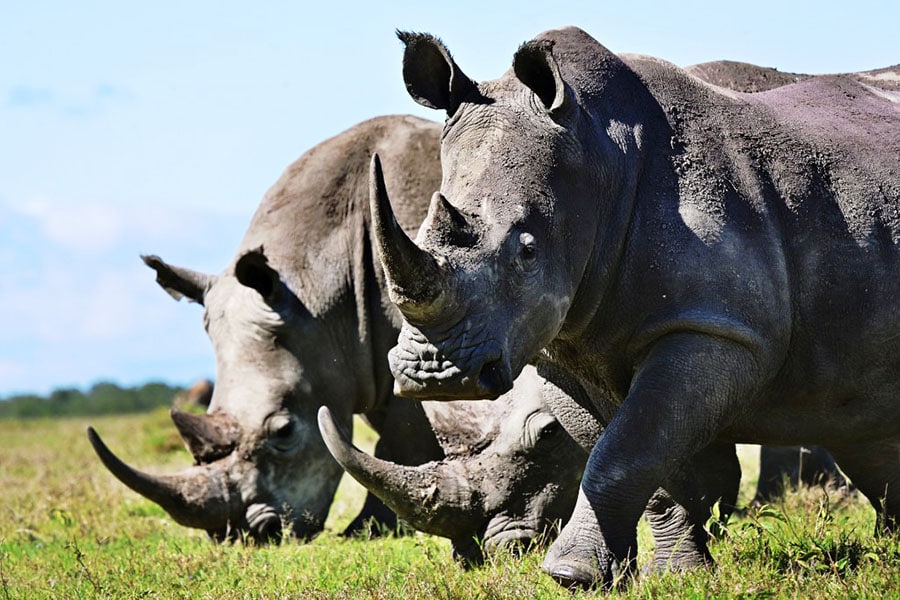
AI could have a role to play in the fight against poaching
Hack The Planet, a non-profit organisation based in the Netherlands, has designed a new camera system capable of spotting poachers in real time
 AI could help spot poachers more effectively. AI could help spot poachers more effectively.
Image: Tony Karumba / AFP©
AI could help spot poachers more effectively. AI could help spot poachers more effectively.
Image: Tony Karumba / AFP©
A Dutch non-profit organization has developed a smart camera system that can detect poachers and the presence of wild animals in real time. This "camera trap" could prove useful in vast areas, such as national parks in Africa, where rangers are seldom alerted in time.
Hack The Planet, a non-profit organization based in the Netherlands, has designed a new camera system capable of spotting poachers in real time. This new "camera trap" uses machine learning, and therefore artificial intelligence, to analyze in real time the photos taken by the camera. Using sensors, this system detects the presence of humans, but also animals, and is even capable of distinguishing between different types of animals.
"We developed a smart camera system that can, in real time, track down people or animals in huge remote areas," Hack the Planet engineer, Thijs Suijten, told Euronews. If a presence is detected, the system sends an immediate alert to the forest rangers, who can then intervene if necessary. The smart camera is equipped with a satellite uplink, allowing it to stay connected regardless of location, without the need for a WiFi network. Moreover, the system is powered by solar panels, making it particularly energy efficient.
This smart camera could also be used to track wildlife biodiversity through its sensors. Otherwise, it could provide authorities with wildlife alerts, for when elephants are in proximity to residential areas, for example. In fact, these animals can cause problems for residents by entering agricultural areas and trampling plantations.
Also read: World Environment Day: Noise, climate change, and the disappearance of species







